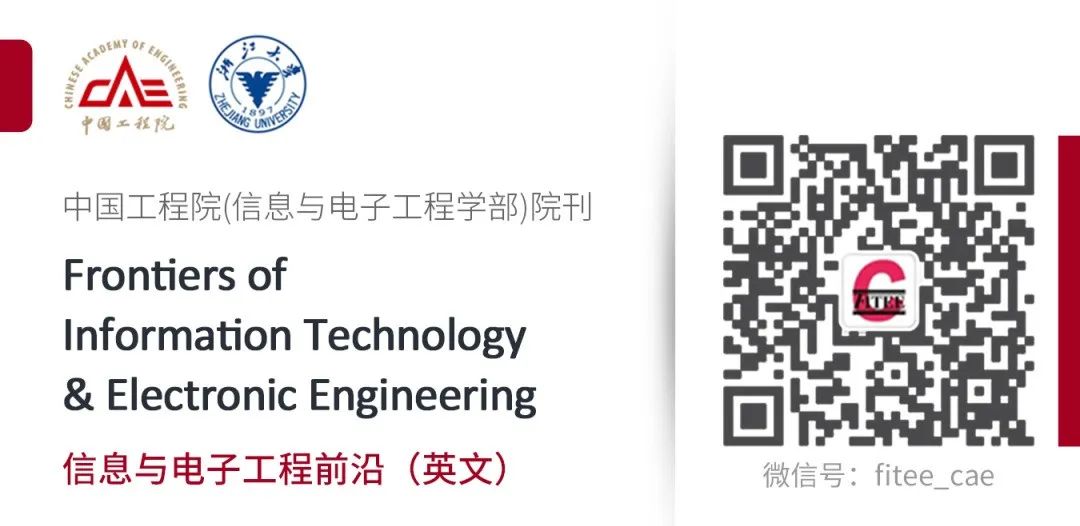
 Abstract:
Abstract:
Although collaborative edge computing systems enhance the performance of mobile edge computing, users face significant privacy leakage issues during task offloading. To address this problem, we designed a Privacy-Preservation-Aware Delay Optimization task offloading algorithm (PPDO) within the collaborative edge computing system. By considering two types of privacy—location and usage patterns—we established a privacy task model to interfere with edge servers to protect user privacy. To mitigate the additional delay caused by privacy protection, we implemented a policy iteration algorithm based on the Markov Decision Process to minimize delay while safeguarding privacy. Furthermore, to accelerate the solution of the Markov Decision Process, we improved PPDO by optimizing the action set. Finally, we conducted simulation experiments using the EUA dataset. The results indicate that compared to existing algorithms, PPDO achieves the best trade-off between privacy protection and delay optimization with minimal latency. Additionally, we explored the advantages and disadvantages of the improved PPDO algorithm.
Keywords:Collaborative Edge Computing; Task Offloading; Privacy Protection; Markov Decision ProcessAuthors:
|
Jing Chao1,2, Xu Jianwu1 Affiliation: 1School of Computer Science and Engineering, Guilin University of Technology, Guilin, China, 5410042Key Laboratory of Embedded Technology and Intelligent Systems, Guilin University of Technology, Guilin, China, 541004 Reference Format: Chao JING, Jianwu XU, 2025. PPDO: a privacy-preservation-aware delay optimization task-offloading algorithm for collaborative edge computing.Frontiers of Information Technology & Electronic Engineering, 26(1):27-41. https://doi.org/10.1631/FITEE.2300741 |
Summary:
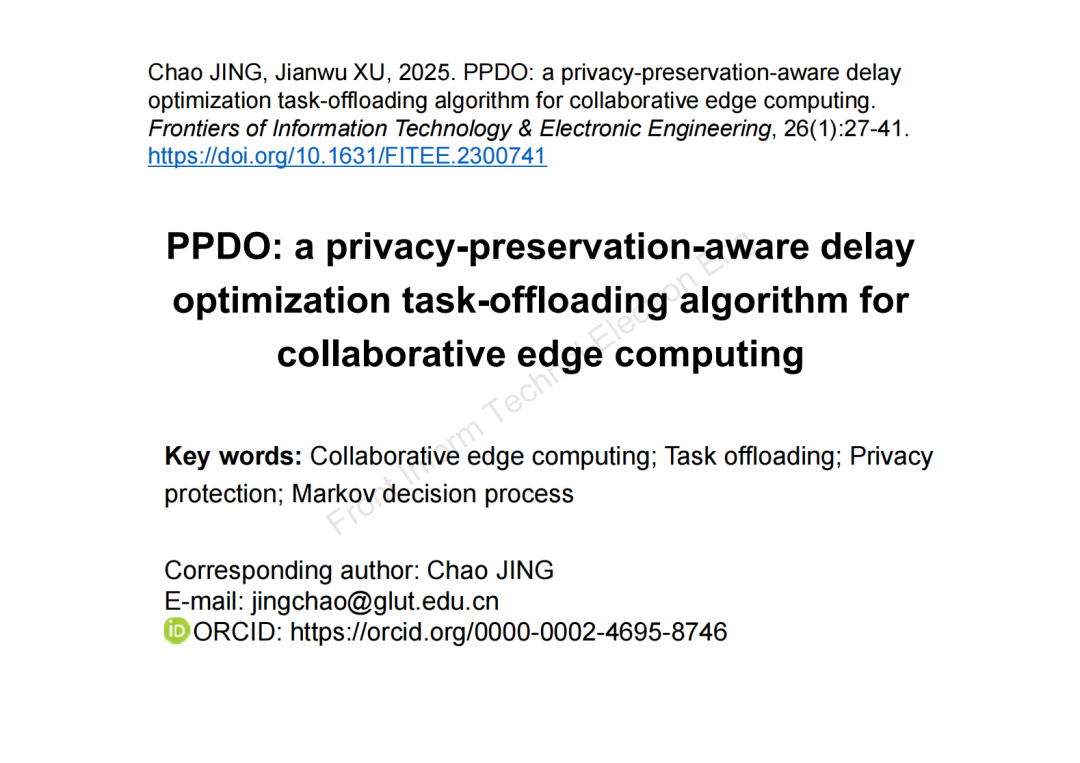
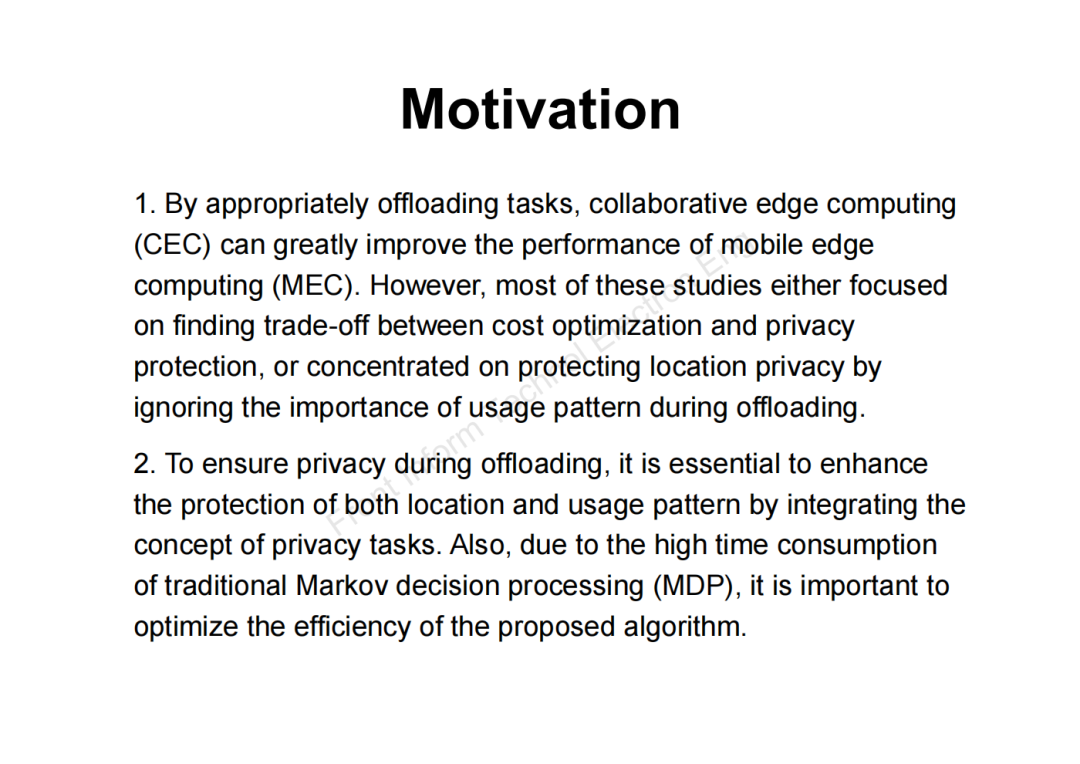
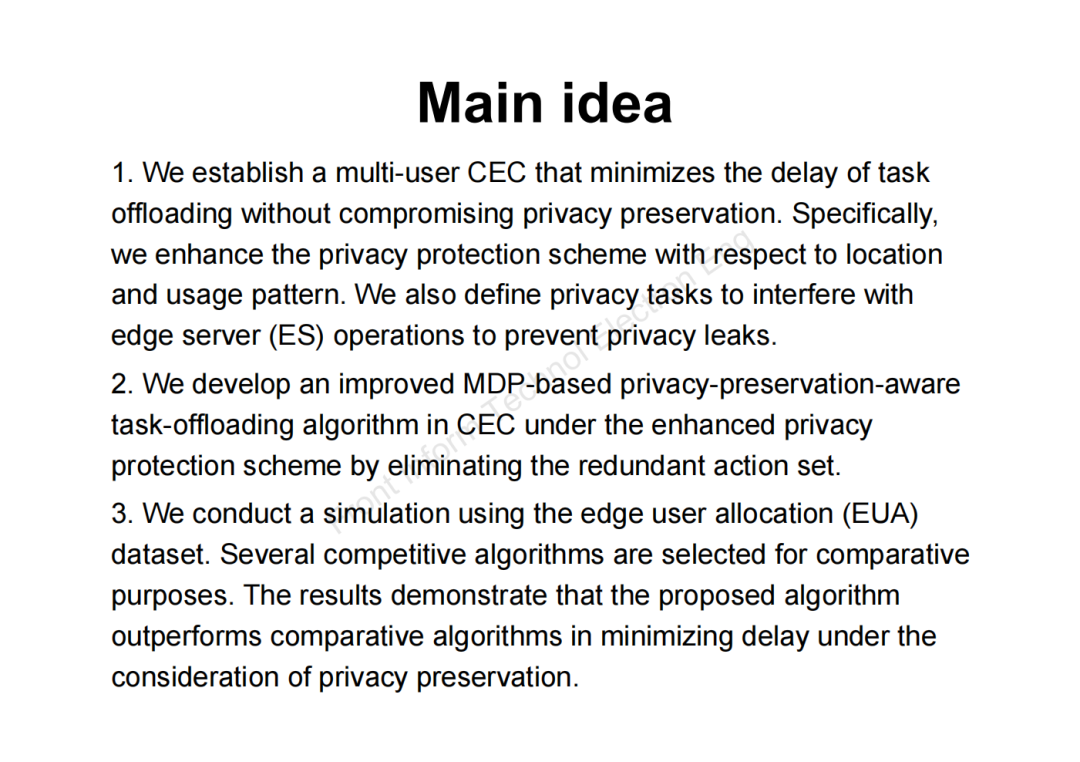
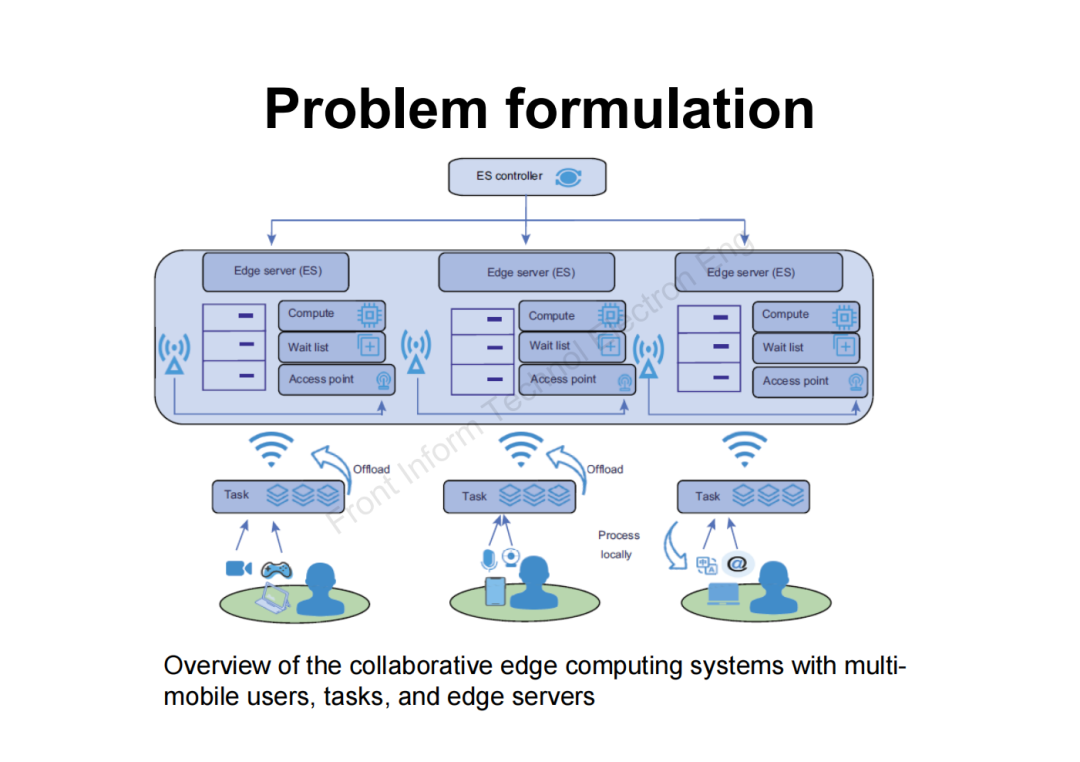
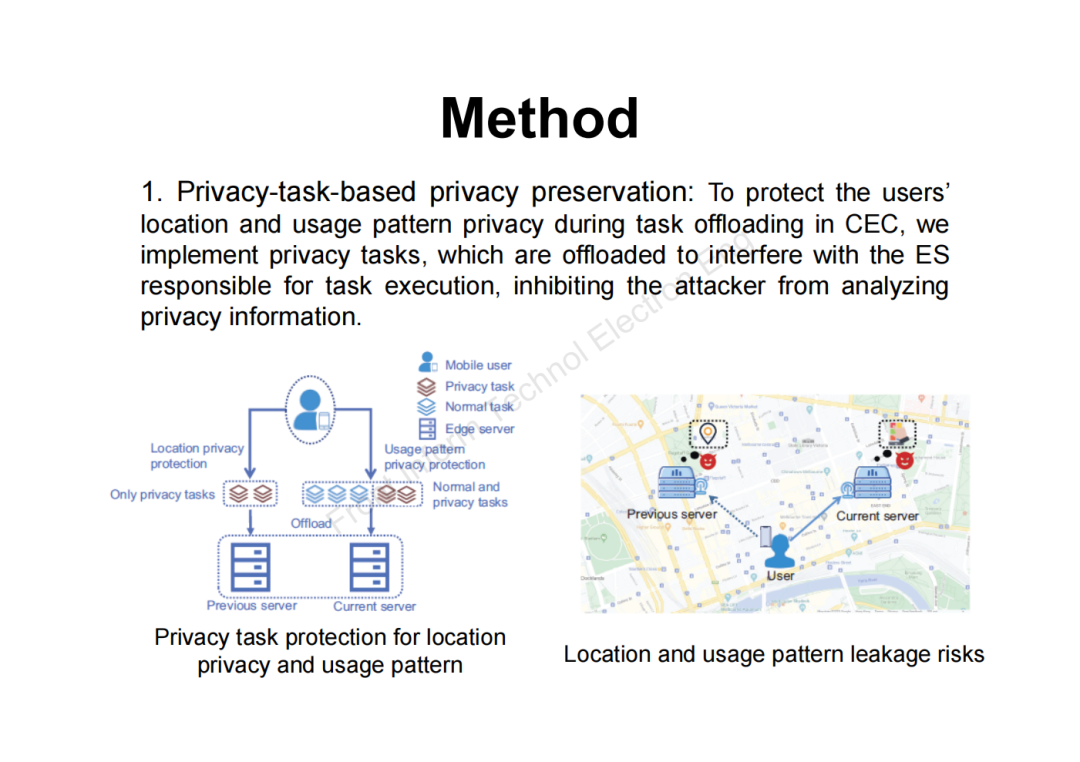
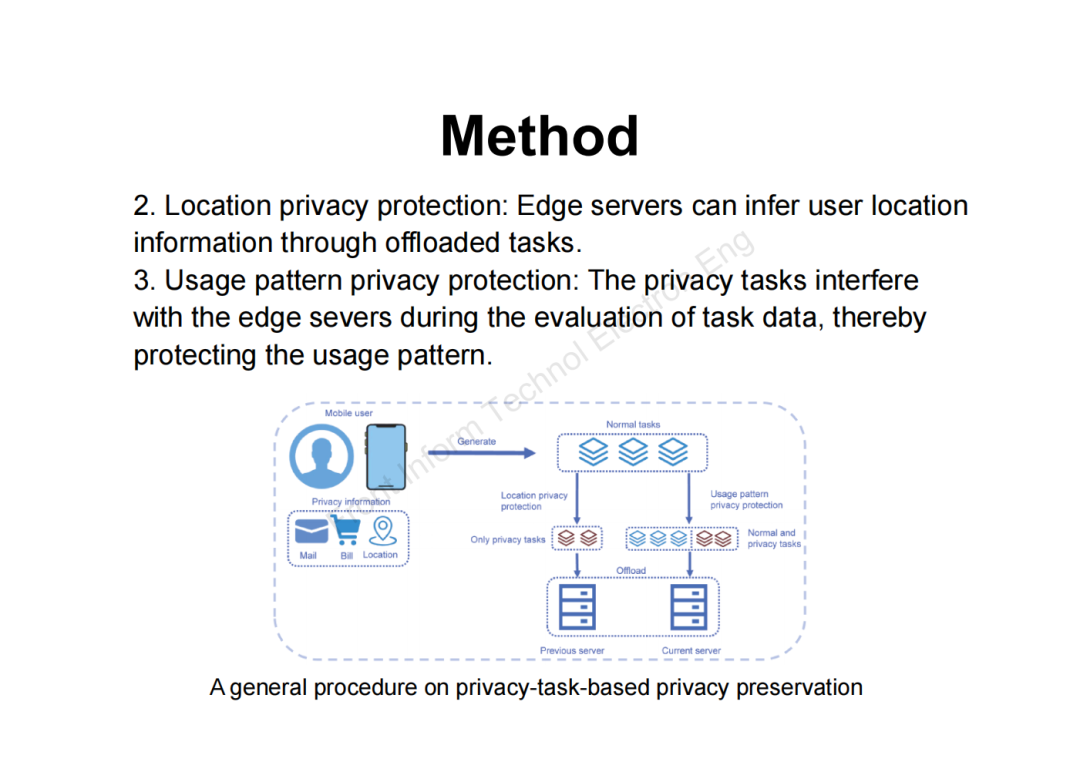
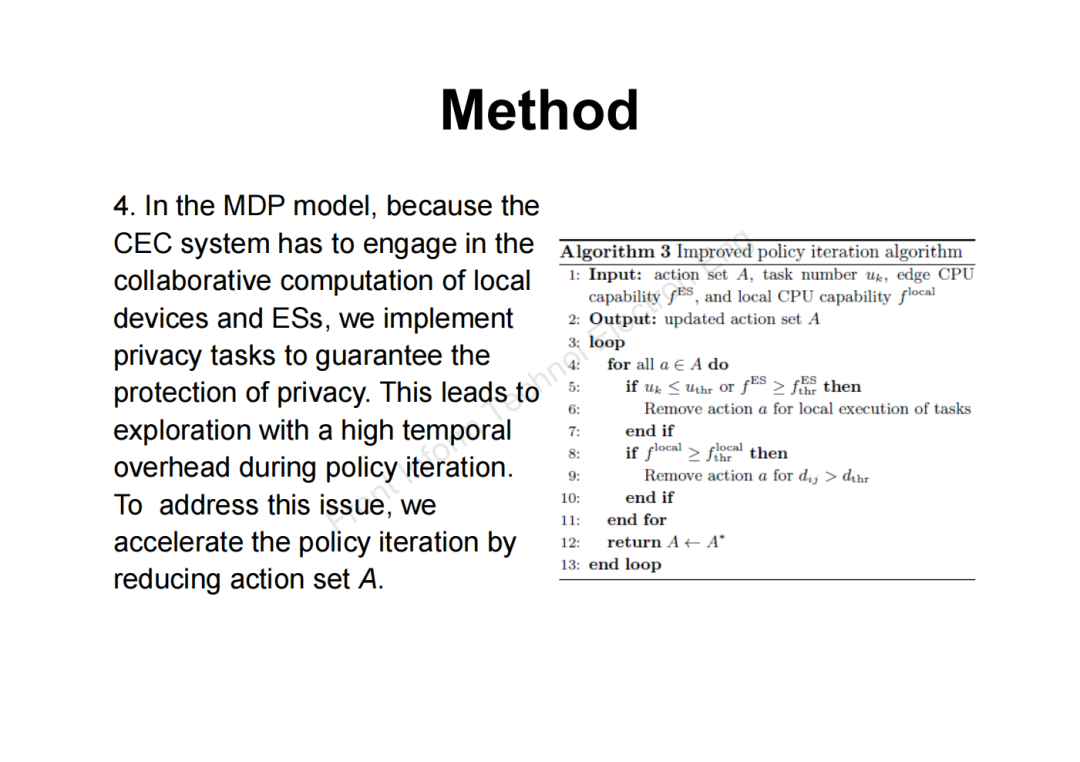
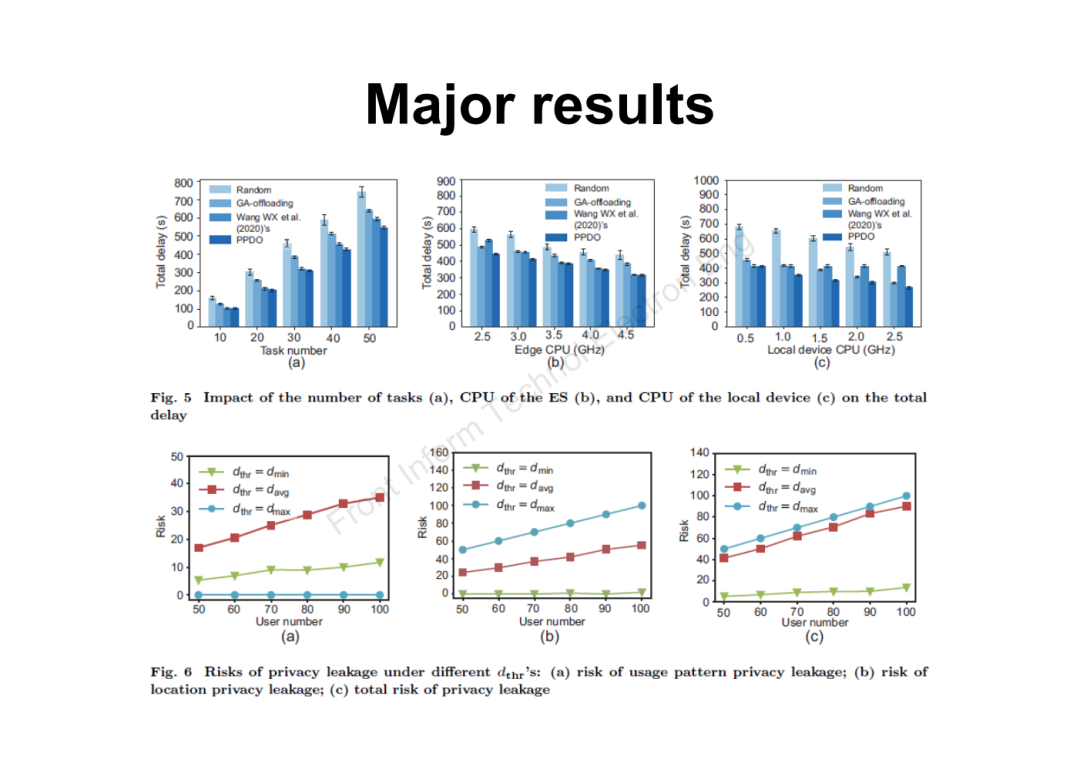
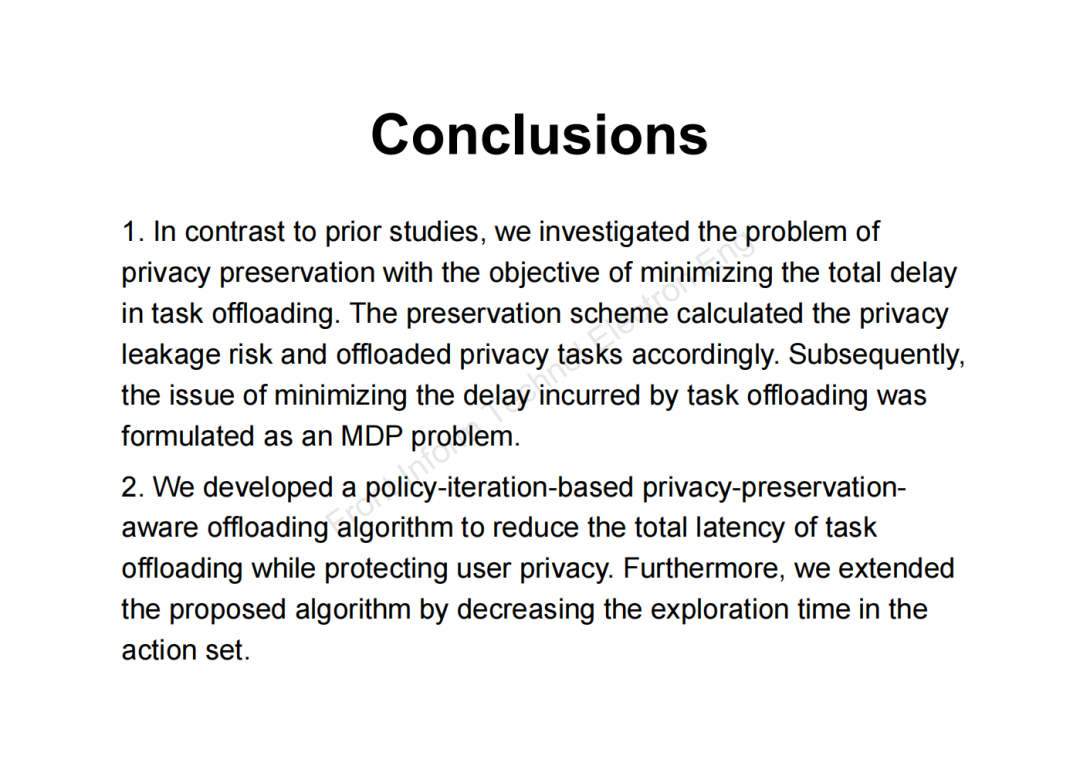
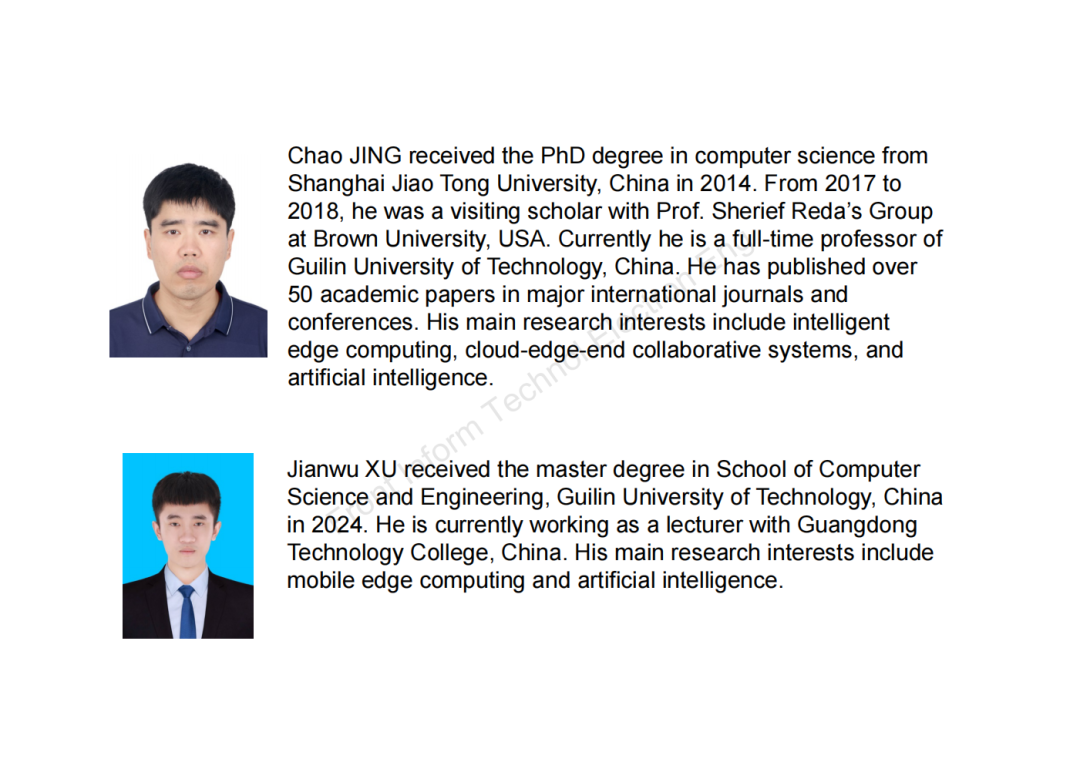
Scan the QR code below to read the full text:
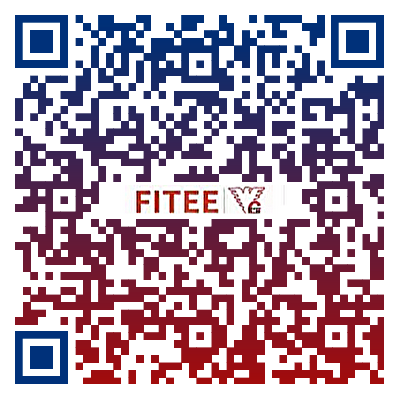
Hot Articles1. Academician Pan Yunhe | On Visual Knowledge2. Academician Pan Yunhe | Five Fundamental Questions of Visual Knowledge3. Academician Pan Yunhe | On Visual Understanding4. Ma Yi, Shen Xiangyang et al. | On the Principles of Simplicity and Coherence in the Origins of Intelligence
5. Zheda Yang Yi, Zhuang Yueting et al. | Multiple Knowledge Representations under Big Data Artificial Intelligence: Framework, Applications, and Case Studies
6. National Defense University Su Jinshu, Zhao Baokang et al. | Development Trends of Network Technologies in Large-Scale Efficient Network Computing
7. Institute of Automation, Chinese Academy of Sciences Ye Peijun, Wang Feiyue et al. | Parallel Cognition: Hybrid Intelligence for Human-Machine Interaction and Management
8. Wang Feiyue, Zhang Jun et al. | Knowledge Automation and Hybrid Enhanced Intelligence for Human-Machine Trust: Mechanisms for Cognitive Control of Complex Systems and Their Applications
9. Southeast University Lu Jianquan et al. | Bipartite Asynchronous Pulse Tracking Consistency in Multi-Agent Systems
10. National Defense University Da Kai, Northwest Polytechnical University Li Tiancheng et al. | Research Progress on Multi-Sensor Multi-Target Tracking Based on Random Finite Sets
11. Lanzhou University of Technology Xie Ying, Ma Jun et al. | Phase Synchronization and Energy Balance between Neurons
12. Southeast University Wen Guanghui et al. | Research Progress on Distributed Economic Dispatch in Smart Grids: A Review
13. Peking University Yu Junzhi et al. | Visual Detection Algorithm for Underwater Garbage Cleaning Robot Based on Improved YOLOv4
14. Fudan University Zhou Jie, Zhang Junping et al. | ChatGPT: Potential, Prospects, and Limitations
15. Beijing University of Posts and Telecommunications Zhang Ping, Xu Xiaodong, Dong Chen, Niu Kai et al. | Modulation Division Multiple Access Technology for Semantic Communication16. Institute of Automation, Chinese Academy of Sciences Xu Chi, Yu Haibin et al. | Industrial Wireless Network Edge Resource Allocation Based on Multi-Agent Deep Reinforcement Learning17. China Academy of Space Technology Wang Yuying, Li Jindong et al. | Progress in Space Applications of Mid-Long Wave Infrared Detection Technology18. Huazhong University of Science and Technology Xiao Renbin | Four Development Stages of Collective Intelligence
19. National Defense University Chen Donglin, Xu Chuanfu et al. | FlowDNN: A Physics-Inspired Deep Neural Network for Fast and Accurate Flow Field Prediction
20. Beijing Institute of Technology Meng Kai, Chen Chen, Xin Bin et al. | MSSSA: A Multi-Strategy Enhanced Sparrow Search Algorithm for Global Optimization Problems
21. Huazhong Normal University Huang Weifang, Jia Ya et al. | Modular Neural Network Synchronization Transformation with Different Scale Sub-Networks
22. Zheda Luo Yueyang, Zhang Xinmin et al. | Data-Driven Soft Measurement Technology Research Review in Blast Furnace Ironmaking Process
23. Tsinghua University Liu Yu, Li Zheng et al. | Prospects of Multi-Agent Collaboration and Game Theory: Challenges, Technologies, and Applications
24. Jishou University Ye Shaoqiang, Zhou Kaiqing et al. | An Improved Harmony Search Algorithm and Its Application in Weight Fuzzy Production Rule Acquisition
25. Academy of Military Sciences et al. | Organization and Systematization of Game Theory in Multi-Agent Systems
26. University of Sydney Lin Lequan, Gao Junbin et al. | A Review of Diffusion Models in Time Series Applications
27. Zheda Chen Xiaoming et al. | Satellite IoT: Challenges, Solutions, and Development Trends
28. Peking University Liu Peixi, Xintong Institute Jiang Jiamei et al. | Gradient Quantization and Bandwidth Allocation Optimization Strategy Based on Federated Edge Learning29. Zheda Zhang Fengda, Kuang Kun, Xiao Jun et al. | Federated Unsupervised Representation Learning30. Harbin Engineering University Huang Yulong, Zhang Yonggang et al. | A Novel Robust Kalman Filter for Diverse Wild Values
About this Journal
Frontiers of Information Technology & Electronic Engineering (abbreviated as FITEE, Chinese name 《信息与电子工程前沿(英文)》, ISSN 2095-9184, CN 33-1389/TP) is a comprehensive English academic monthly journal in the field of information electronics, indexed in SCI-E and EI, with the latest impact factor of 2.7, positioned in the JCR Q2 zone. It originated from the English version of the Journal of Zhejiang University C: Computer and Electronics, founded in 2010, and was renamed in 2015. It is now a sub-journal of the Chinese Academy of Engineering’s journal in the field of information and electronic engineering, covering areas such as computer science, information and communication, control, electronics, and optics. Article types include research papers, reviews, personal viewpoints, and commentaries. The current editor-in-chief is Academician Pan Yunhe and Fei Aiguo. The journal implements an international peer review system, with initial feedback typically provided within 2-3 months. Once accepted, articles are published online quickly.
It has received funding from the Excellent Action Plan for Chinese Science and Technology Journals project launched by the China Association for Science and Technology and six other ministries (Phase I and II, Tiered Journals). In 2021-2022, it was selected in the high-quality scientific journal grading directory for the information and communication field (organized by the China Communications Society) and the computing field (organized by the China Computer Society), both listed as the highest T1 level; it was included in the China Computer Society’s recommended international academic conference and journal directory-2022 (cross-disciplinary/integrated/emerging). In 2024, it was included in the “International Conferences and International/Domestic Journal Directory Recommended by the Chinese Association for Artificial Intelligence” (Category B international journal in the field of artificial intelligence fundamentals and integration).
Official Website: http://www.fitee.zjujournals.com
Journal Springer Homepage:
http://www.springer.com/computer/journal/11714
Submission: http://www.editorialmanager.com/zusc
Postal Code: 32-324
Address: 148 Tianmushan Road, Xihu District, Hangzhou, Zhejiang Province, China
Phone: +86-571-88273162
Email: [email protected]
Follow Us ID: fitee_caeThis official WeChat account is for the journal “Frontiers of Information Technology & Electronic Engineering” (SCI-E, EI indexed journal), providing functions such as disseminating academic articles, offering convenient services for associated scholars (readers, authors, reviewers, editorial board members, etc.), publishing information related to academic writing, review, editing, and publishing, introducing academic figures, thoughts, and achievements in the field of information and electronic engineering, showcasing cutting-edge scientific research progress in this field, and providing a friendly interactive platform for scholars at home and abroad.